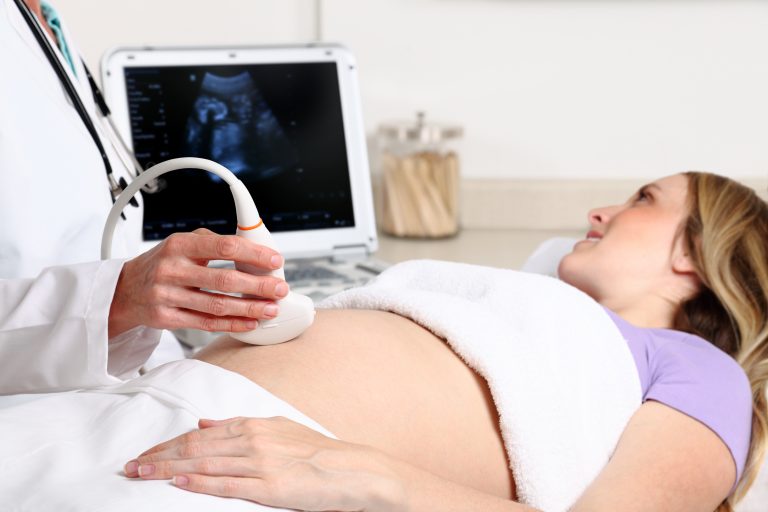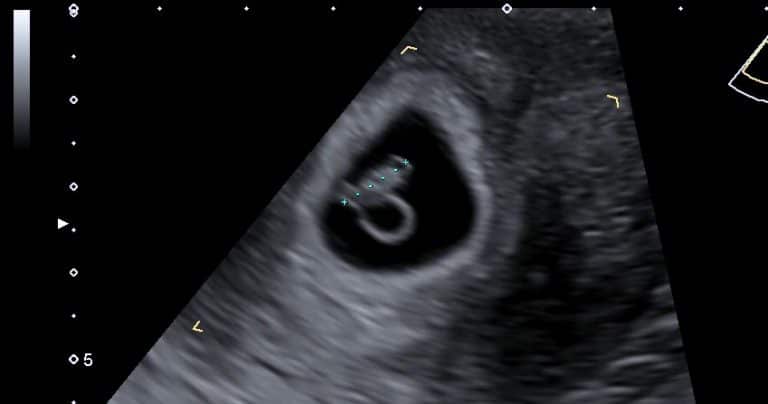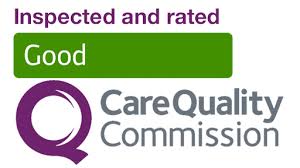The thyroid ultrasound scan is one of the most common private ultrasound scans in London. It is very common to identify thyroid nodules during a thyroid ultrasound in our private ultrasound clinic. Some of these nodules have benign appearances but some others have been proven by FNA to be malignant. You should, therefore, be aware of the thyroid cancer signs and seek medical advice when necessary.
Thyroid Cancer Symptoms, Signs
What are the symptoms of thyroid cancer?
- Lump in the neck (or lump in throat): painless, enlarged nodule; But not always, sometimes there is pain.
- Thyroid cancer involves the adjacent tissues (e.g. throat), causing a difficulty swallowing, hoarseness.
- One or multiple firms or hard, fixed thyroid nodules.
- Swollen lymph nodes in the neck.
- Thyroid cancer symptoms are often not accompanied by high thyroid symptoms and low thyroid symptoms.
Early symptoms of thyroid cancer
At the beginning of the disease, thyroid cancer symptoms almost do not emerge. Therefore, the patients do not notice it. Only with an increase in the size of the thyroid cancer, the patient will feel discomfort and have thyroid cancer symptoms.
Most of the thyroid cancers do not lead to changes in thyroid function, so the patients have “thyroid cancer symptoms” but no high thyroid (hyperthyroidism symptoms), as well as no low thyroid (hypothyroidism symptoms).
Advanced thyroid cancer symptoms
In the early stage, the thyroid cancer symptoms often can not be perceived by victims. However, with further growth of the tumour, the thyroid cancer increases in size and therefore causes thyroid cancer symptoms:
Sufferers palpate a lump in the thyroid, that is larger with time and characterized by one or multiple firm, hard and fixed thyroid nodules. The large thyroid cancer has the ability to invade and squeeze the adjacent organs and tissues. For this reason, the patients may experience some “thyroid cancer symptoms”, such as difficulty in breathing and swallowing by pressure on the trachea or throat.
①When the growing thyroid cancer involves nerves, other “thyroid cancer symptoms” may occur. If the so-called “recurrent laryngeal nerve” affected, the voice may sound hoarse due to a paralysis of the vocal folds. The hoarseness is very common and can occur in the throat cancer, oesophagal cancer, other benign or malignant tumours of the neck.
Thyroid cancer symptoms may also occur due to an invasion to the so-called “cervical sympathetic plexus”. If the thyroid cancer involves the nerves in the neck, it will develop a “Horner’s syndrome“: It is characterized that the pupil is constricted, the eyeball is sunk back into the orbit (eye socket) and the upper eyelid droops on the affected side. Horner’s syndrome can also be caused by “Pancoast tumour”, that is lung cancer in the apex of the lung.
If the “cervical plexus nerves” of the neck are affected, the patients may feel pain in ear, shoulder or the back part of the skull.
The above three types of thyroid cancer symptoms are all caused by thyroid cancer, that invades and compresses the nerves of the neck.
In end-stage, the above thyroid cancer symptoms get worse, and the weight loss looks very prominent.
Thyroid cancer metastasis
Can thyroid cancer spread?
There are large differences in the degree of malignancy among the different types of thyroid cancer. In some cases, the thyroid cancer spread to lymph nodes starts in the stage 1 thyroid cancer; Some thyroid cancers begin with stage 2; Some thyroid cancer does not spread via the lymphatic circulation, until stage 3 or 4. Lymph node metastasis to the neck is not always proportional to the prognosis for recovery. For lymph node metastasis, the thyroid cancer symptoms are manifested with some rough and swollen lymph nodes in the neck, poorly moved in the neck’s tissue.
Does thyroid cancer spread to distant organs? Thyroid cancer cells can spread to the lungs, liver, bone, brain, and that patients thus lose the chance of surgery, but not always.
Thyroid function
In general, thyroid cancer does not affect the thyroid function, and therefore, thyroid cancer symptoms do not include abnormal thyroid function. One of the exceptions is that the follicular thyroid cancer (20% of thyroid cancer) will cause high thyroid symptoms: such as tremor, loss of weight, sweating, heat intolerance, heart palpitations, restlessness, irritability.
The other is low thyroid, which can be caused due to the normal thyroid tissue and cells damage by thyroid cancer. Therefore, thyroid hormone production is not enough. The low thyroid symptoms: inactivity, cold intolerance, muscle pain, increased need to sleep, constipation, dizziness, tingling sensations in hands, hair loss, and rougher voice. Weight gain? It seems unlikely because the end-stage thyroid cancer symptoms are cachexia and emaciation.
When to seek medical advice for thyroid cancer?
If you have the above-mentioned symptoms, you’d better make an appointment with your doctor.
Lump in the neck, enlarged thyroid, thyroid nodules is all the words used to describe the diseases associated with the thyroid.
They are very common, and the vast majority of lump and nodules are benign, due to goitre, hyperthyroidism, as well as thyroiditis and thyroid adenoma. Less than 5 per cent are thyroid cancer. In recent years, there are about 50,000 people a year who are diagnosed with thyroid cancer in the United States.
Thyroid cancer typically presents as a thyroid lump or one or more thyroid nodules. Compared with benign, they all look almost the same. How to clarify the causes and diagnose thyroid cancer, is the doctor’s responsibility and expertise.
It is recommended if you have an enlarged thyroid, thyroid nodules or lump in the front of your neck/throat, you should see your GP and request an ultrasound scan in London asap.
Author– Yianni Kiromitis PgC Medical Ultrasound, BSc(Hons) – Medical Ultrasound Practitioner
Specialities: Abdomen, Small Parts, Gynaecology/Obstetrics and Vascular…
Yianni Kiromitis is a London based NHS and Private Medical Sonographer, with more than 20 years’ experience in Healthcare.
Reviewed: 07/04/2020 by Yianni Kiromitis PgC Medical Ultrasound, BSc(Hons) and Tareq Ismail Pg (Dip) Medical Ultrasound, BSc(Hons)








